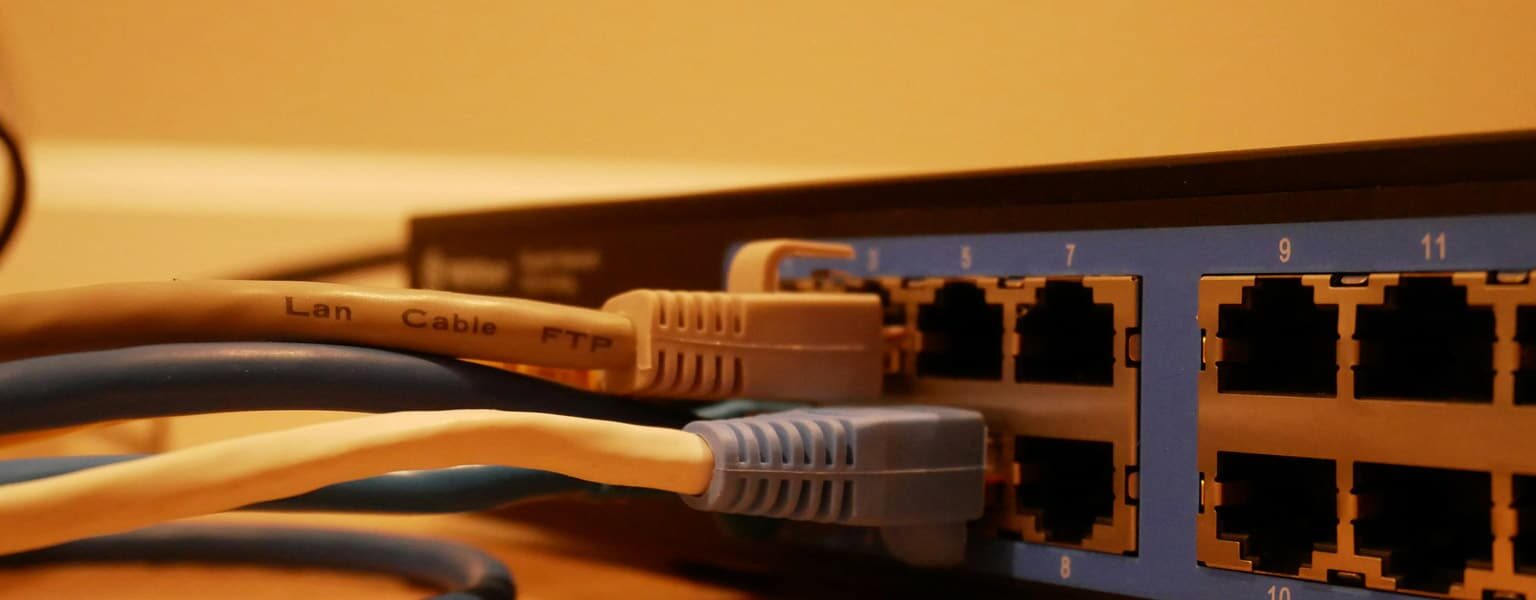How to Choose the Right Firewall for Your Business
Contents
Key Takeaways
A firewall is your business’s digital front door — and you control who gets in.
Different types of firewalls (hardware, software, and next-gen) offer varying levels of visibility, control, and protection.
Choosing the right firewall depends on your business size, network complexity, and security goals.
The wrong firewall setup can leave costly gaps — or be more complex (and expensive) than you really need.
A strong firewall is one of the most essential — and misunderstood — parts of business cybersecurity. Think of it as your digital security guard: scanning every bit of traffic trying to enter or leave your network, checking IDs, and kicking out the troublemakers before they cause chaos.
But with so many options — from simple routers to sophisticated next-generation firewalls — how do you know what your small or mid-sized business actually needs? Let’s break it down in plain English (and with just enough tech talk to keep your IT folks impressed).
What Does a Firewall Do?
At its core, a firewall acts as a barrier between your internal network and the outside world. It inspects data packets, applies security rules, and decides what can pass through.
For SMBs, firewalls do much more than just block bad traffic — they:
Prevent unauthorized access to sensitive data.
Monitor and filter incoming and outgoing traffic.
Help enforce compliance standards like PCI DSS or HIPAA.
Provide visibility into network activity and potential threats.
Having the right firewall in place is an important piece of an IT roadmap. A well-configured firewall doesn’t just keep attackers out — it helps your business stay secure, compliant, and running smoothly.
Types of Firewalls Explained
Not all firewalls are created equal. Here’s how the main types differ — and what makes sense for your organization.
Hardware Firewalls
Physical devices are installed at the network’s edge. These are ideal for protecting entire office networks.
Great for businesses with on-premise infrastructure.
Offer high performance and centralized control.
Can be more expensive and require technical setup.
Software Firewalls
Installed directly on individual computers or servers.
Ideal for remote teams or mobile workforces.
Easier to manage for smaller environments.
Can consume local resources and require updates on each device.
Next-Generation Firewalls (NGFWs)
These combine traditional firewall features with advanced tools like intrusion prevention, deep packet inspection, and application awareness.
Detect and block the latest cybersecurity threats like ransomware or phishing traffic.
Provide granular control over applications and users.
Typically cloud-integrated and scalable for growth.
Pro tip: Many SMBs find that a cloud-managed next-generation firewall gives them enterprise-grade protection without needing an in-house security team.
How to Choose the Right Firewall for Your Business
Selecting a firewall doesn’t have to feel like decoding a spy manual. Start by assessing these key factors:
Network Size & Complexity: How many users, devices, and remote locations do you need to protect?
Regulatory Requirements: Do you handle financial, healthcare, or personal data? Compliance can dictate firewall needs.
IT Resources: Do you have in-house IT staff, or will you rely on outside support?
Scalability: Your business will grow (we like that for you). Make sure your firewall can too.
Budget vs. Risk: Balance cost with the potential cost of a breach — downtime is expensive.
A trusted IT partner can help you evaluate options, configure policies, and keep your firewall updated as threats evolve.
Common Mistakes When Choosing a Firewall
It’s easy to get caught up in tech jargon or overbuy for features you don’t need. Some of the most common SMB mistakes include:
Relying only on default configurations. Out-of-the-box settings rarely match your security needs.
Ignoring updates. Firewalls need regular patching and rule updates to stay effective.
Overcomplicating management. Complex systems without proper oversight can be worse than basic ones done right.
Skipping monitoring. A firewall isn’t “set and forget.” It needs ongoing visibility and alerting.
Remember: your firewall is a living part of your network — it needs care, not just installation.
Why It Matters for SMBs
Cyber threats don’t discriminate by company size. In fact, small and mid-sized businesses are often prime targets precisely because their defenses are simpler. A properly configured business firewall protects your data, preserves customer trust, and ensures uptime — all essential to staying competitive.
Work Smarter, Not Riskier
Your firewall should work for you, not against you. Kelley Create helps businesses simplify, secure, and scale their networks with customized solutions that fit your budget and infrastructure.
Let’s make your firewall strategy as strong as your Wi-Fi signal on a good day.
FAQs
-
Next-generation firewalls (NGFWs) are typically the best choice, combining traditional protection with advanced threat detection, reporting, and application control.
-
In many cases, yes. Hardware firewalls protect your network as a whole, while software firewalls add an extra layer of defense for individual devices — especially for remote users.
-
Regularly. Most modern firewalls can update automatically, but policies and rules should be reviewed quarterly or whenever your network changes.
-
Absolutely. Many SMBs choose to outsource setup and maintenance to IT partners who specialize in security and compliance.
-
It’s a key layer — but not the only one. Firewalls work best alongside antivirus software, employee training, and data backup strategies.



